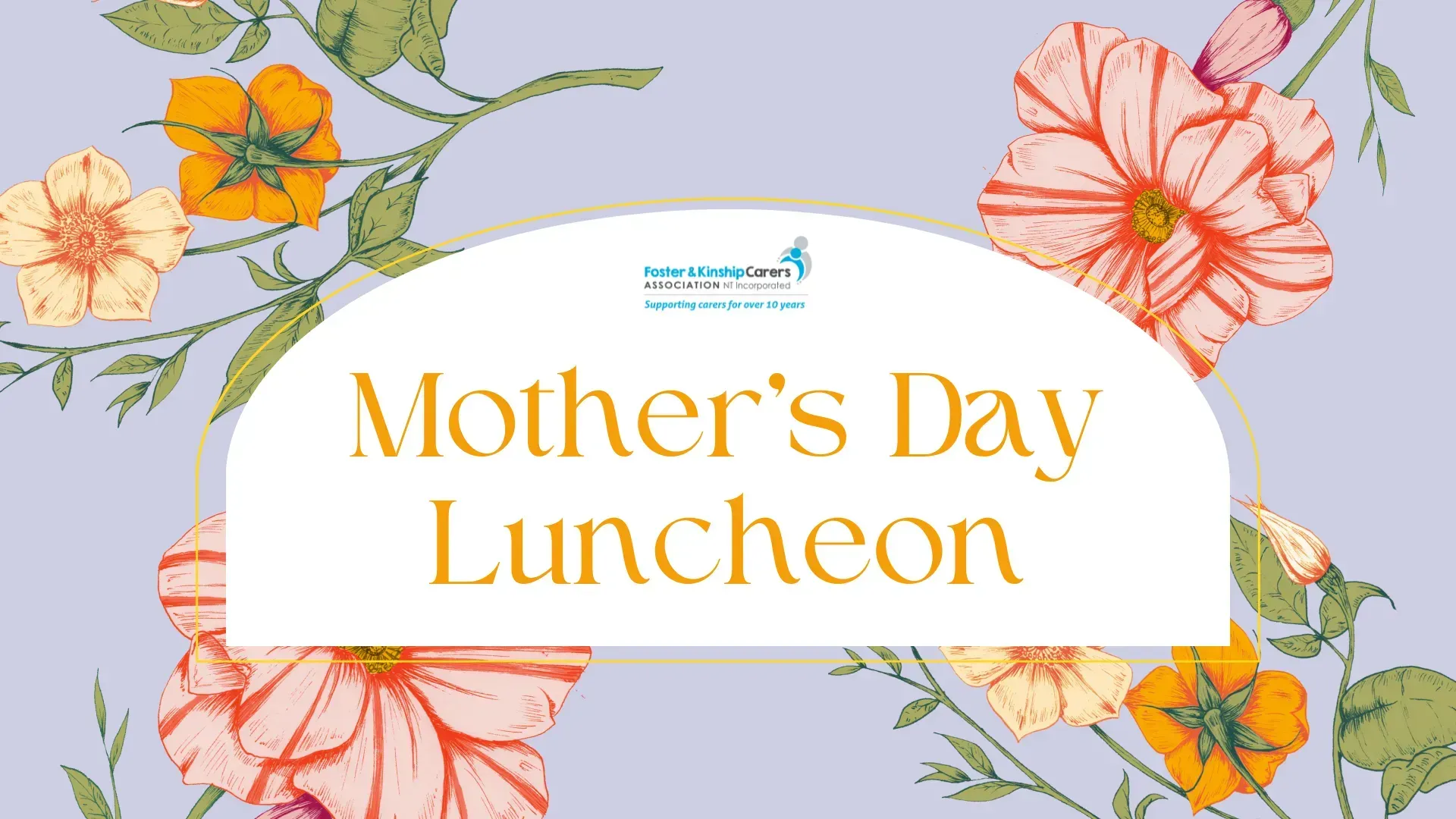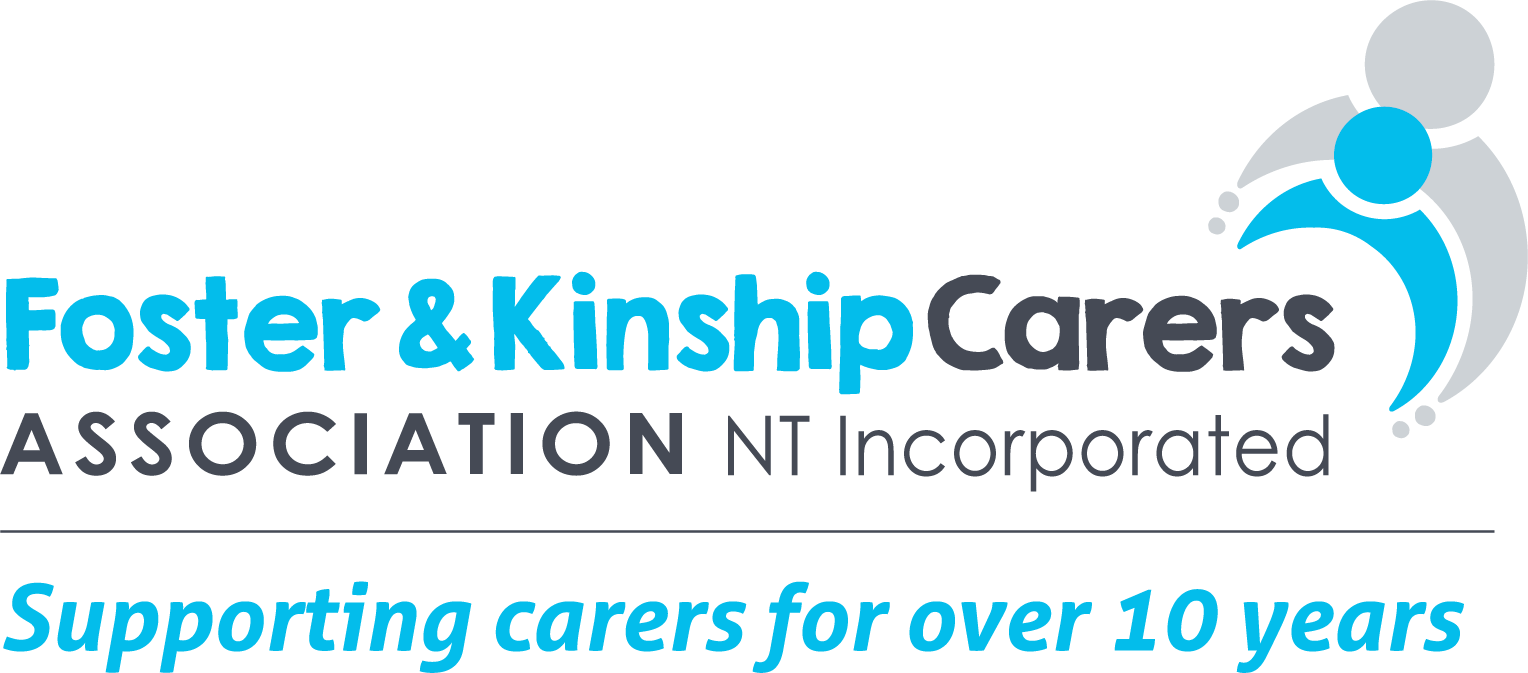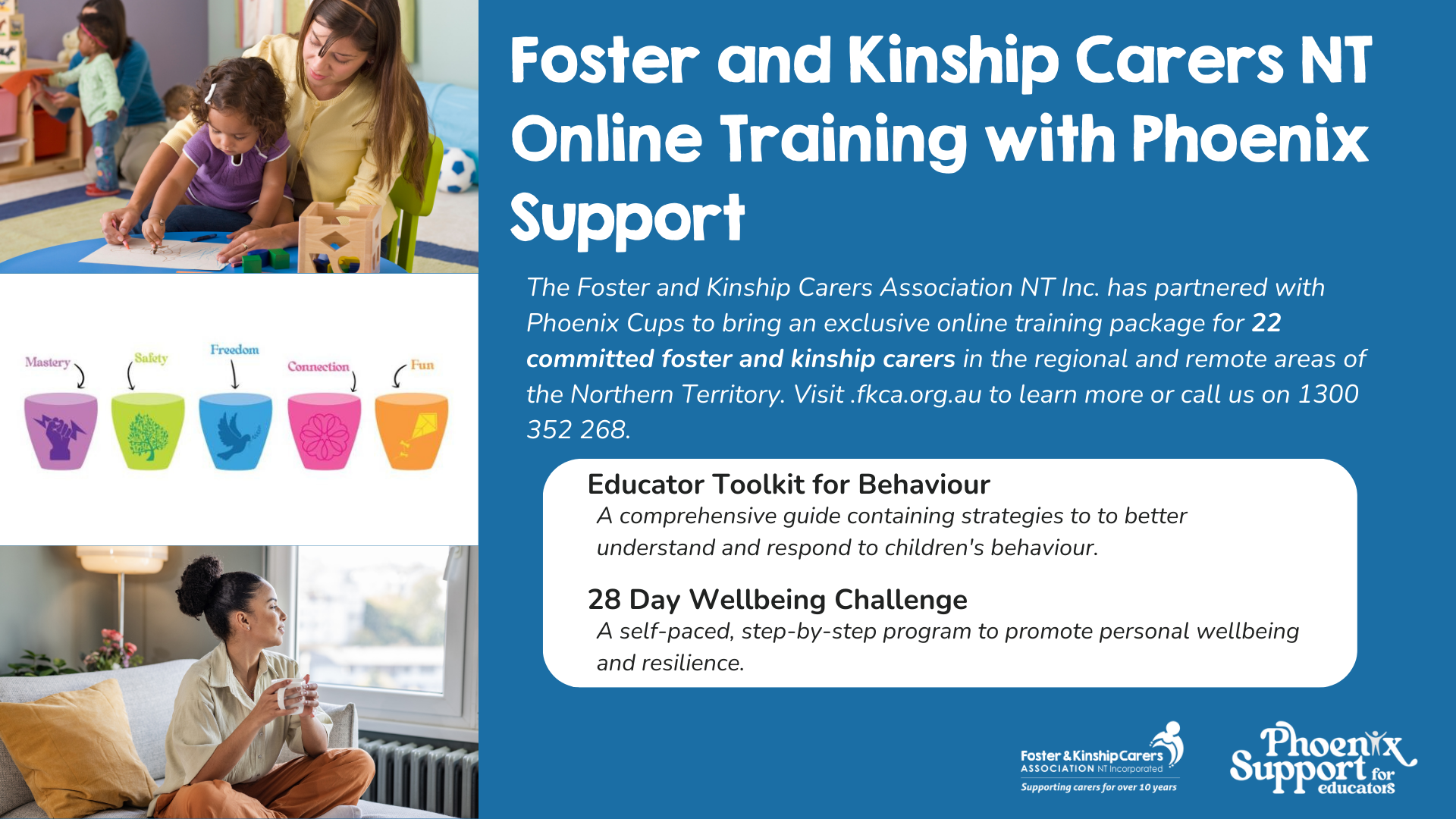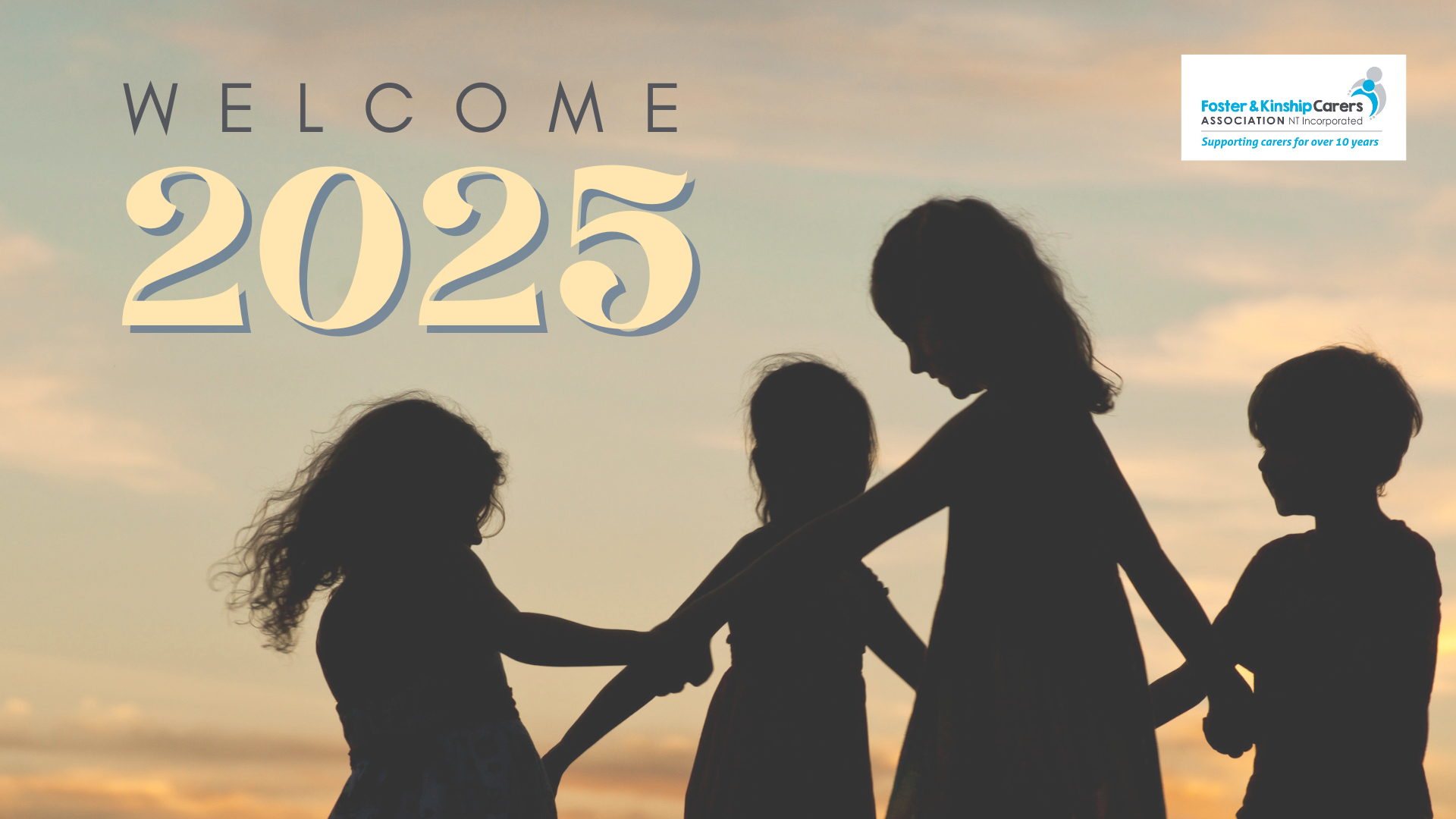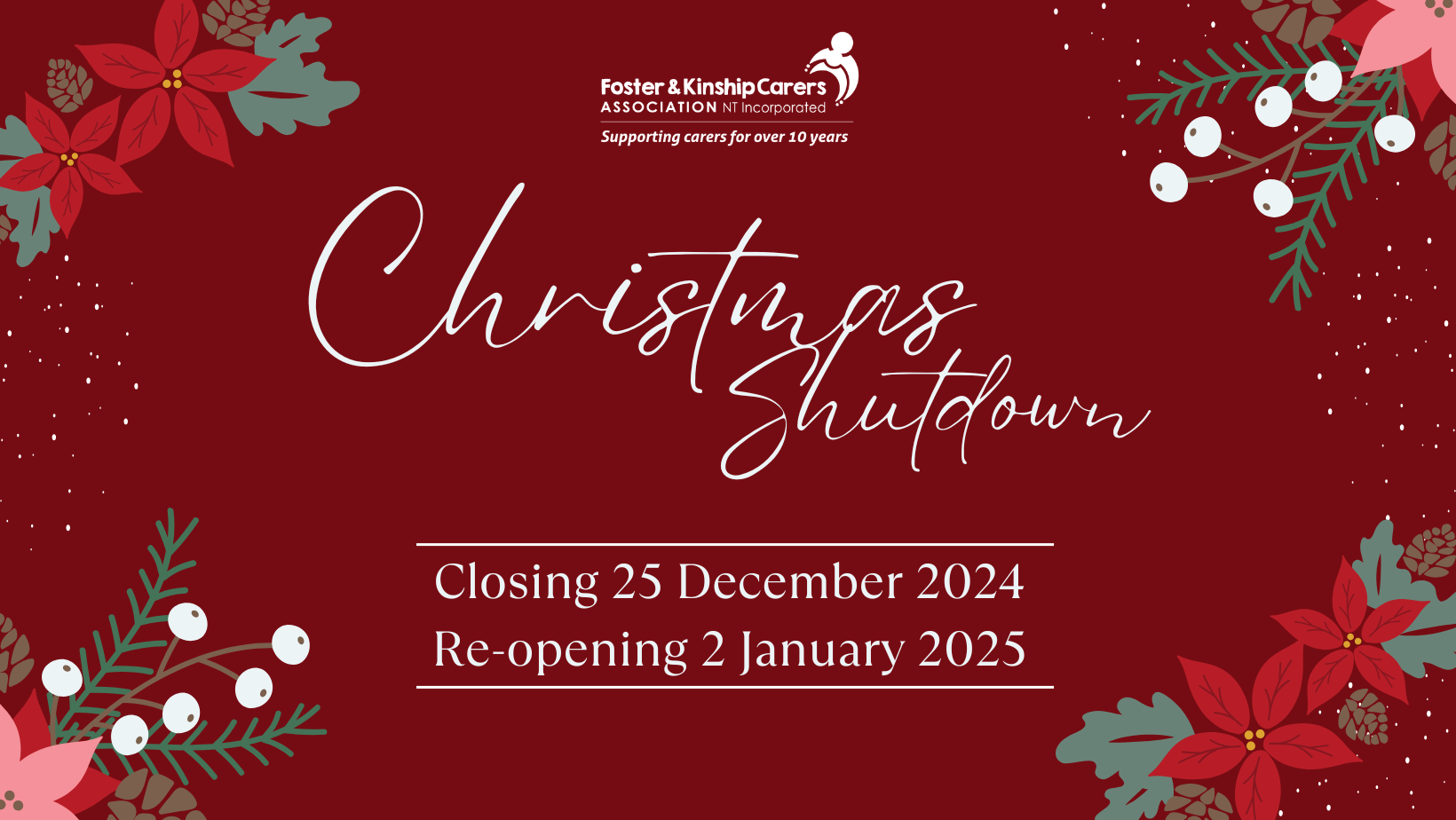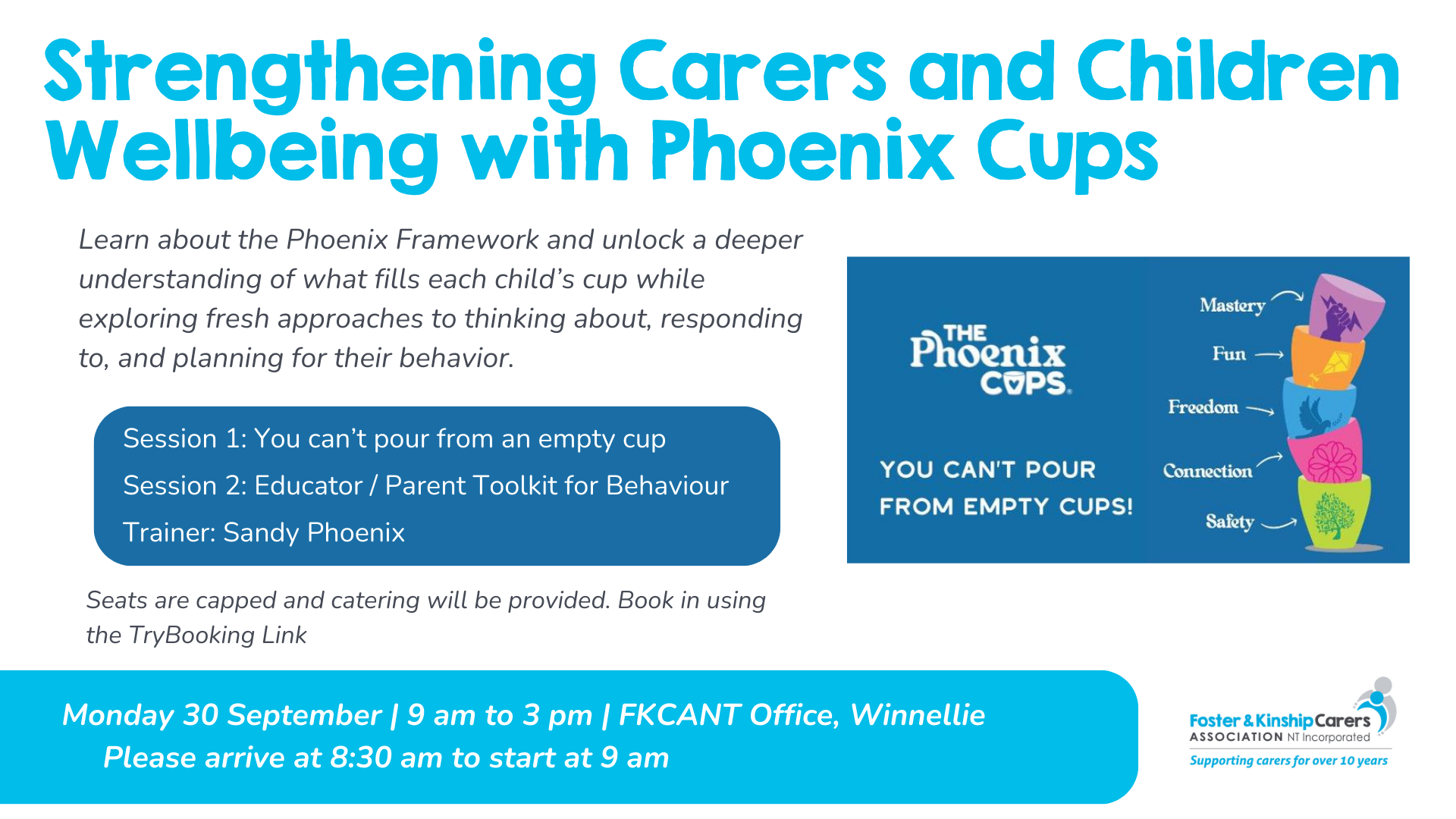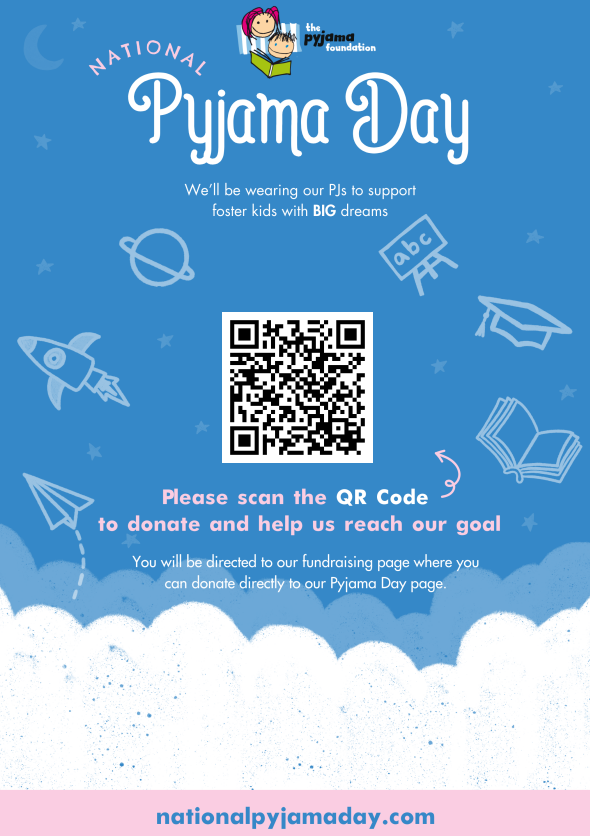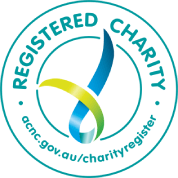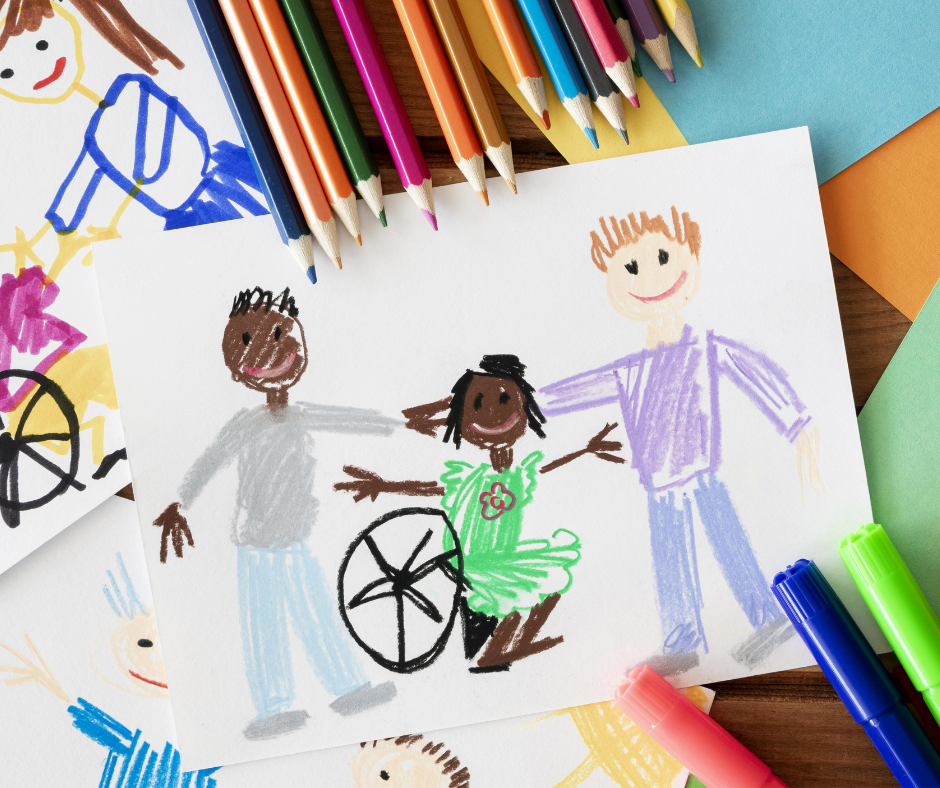
In Australia, 7.6% of all children aged 0-14 have some sort of disability, with intellectual and developmental disabilities being the most common. An intellectual impacts children’s ability to learn knowledge and skills, is generally measured by IQ and can be mild to profound. Developmental disabilities can be physical or mental including things like autism. Children with intellectual and developmental disabilities are a particularly vulnerable group with greater caregiving needs. Unfortunately, they are also at an increased risk of experiencing maltreatment. Consequently, many children with intellectual and developmental disabilities are placed into foster/kinship care.
Children with disabilities are overrepresented in out-of-home care. Currently there are just over 46,200 children in out-of-home care in Australia. However, the disability status is only known for 63% (~29,100) of these children and of these about 30% (>8,730) are reported as having some sort of disability. This means there is a significant number foster and kinship carers providing care to children with disabilities in Australia.
Recently, my colleagues and I went to the research literature in order to get a better understanding of what we know about children with intellectual and developmental disabilities in out-of-home care. Our paper can be accessed here https://www.hindawi.com/journals/hsc/2023/2422367/
What we found was very sad;
- Children with intellectual and developmental disabilities in out-of-home care are an understudied population. In truth, there is very little research regarding their experiences or needs.
- Children with intellectual and developmental disabilities have increased needs and when their families are not well supported, they may experience maltreatment and require foster/kinship care.
- There is a lot of research which suggests that foster/kinship carers are not supported in their caregiving role. Not surprisingly, when foster/kinship carers are not well supported when caring for children with intellectual and developmental disabilities, placements breakdown. This means there is a large number of children with intellectual and developmental disabilities living in residential care.
- Foster/kinship carers are not always given accurate information regarding the health and/or disability status of children prior to the children’s placement. This can result in multiple placements for children.
Like all children, those with intellectual and developmental disabilities need safe, loving homes. Unfortunately, they are most at risk of not achieving this in their own families and after placement into foster/kinship care. There is a clear need to better support families of children with intellectual and developmental disabilities in order to prevent maltreatment and placement into care. There is also an urgent need to better support carers of children with intellectual and developmental disabilities. By supporting carers, children have more stable homes and better outcomes (not to mention, happier and healthier carers).
If you care providing care to children with intellectual and developmental disabilities, here are a few strategies to help you in your caregiving role:
- Look after yourself. Self-care is not an option; it should be a priority! Remember, it is not only the child(ren) in care, but the rest of the household who is impacted when the primary caregiver is feeling weary. Caring for yourself will enable you to provide the best quality care and feel the most satisfaction in your caregiving role.
- Ask for help. Don’t assume the agency/department will say ‘no’ and if they do, ask again. Reach out to the Foster and Kinship Carers Association for support and advice, they may be able to refer you to services.
- Educate yourself. Learn as much as you can about the children’s disabilities and the services available to them. Also learn all you can about the National Disability Insurance Scheme (NDIS) as this can support you and the children. For example, it may fund regularly occupational therapy sessions for the children, which gives you a free hour for a quiet cuppa and some ‘me time’.
- Look for ways to have your voice heard. It should be noted that we found NO research related to the experiences of foster/kinship carers who provide care to children with intellectual and developmental disabilities. We are now planning a program of research that will explore carers experiences. We hope to get a better understanding of both the challenges and rewards associated with providing care to these children so that we can help develop models of support.
Remember, some days are easier than others, but every day is worth it. Try to remember to focus on the children, not their disabilities. They need fun, love and safety just like any other child.
This article was written and authorised for use by our guest blogger Dr Stacy Blythe - Foster carer and Associate Professor, School of Nursing and Midwifery at Western Sydney University.
Share this post online:
See More News

